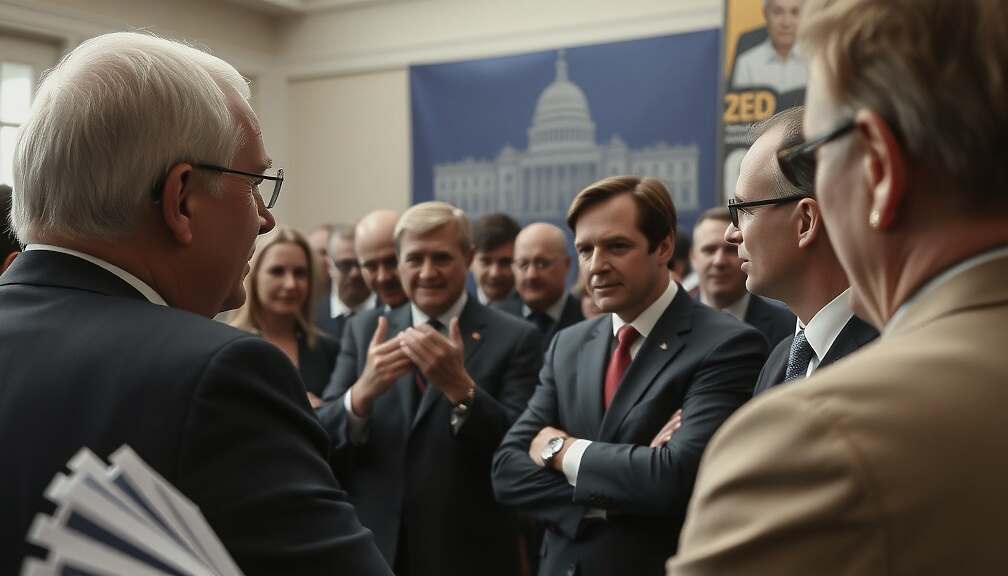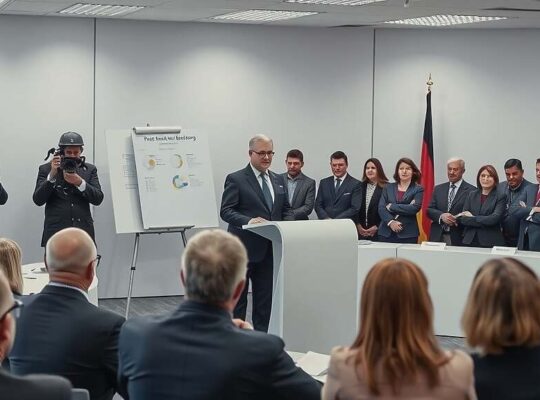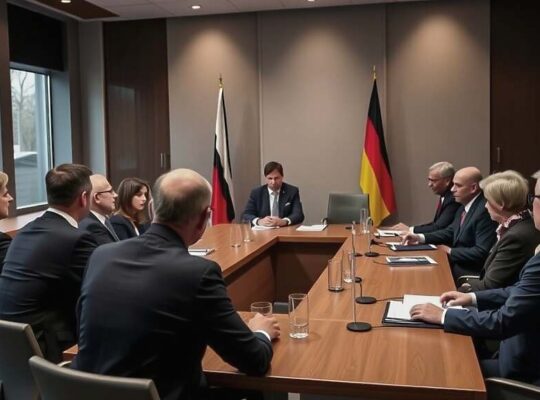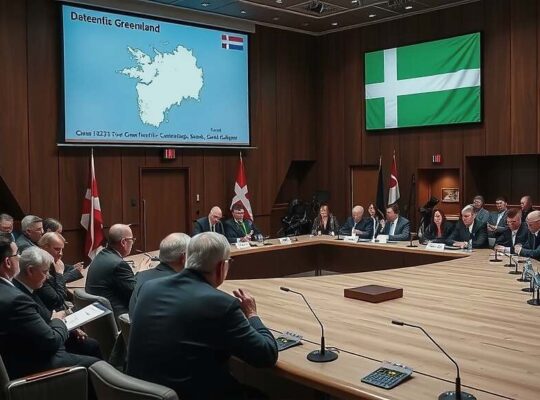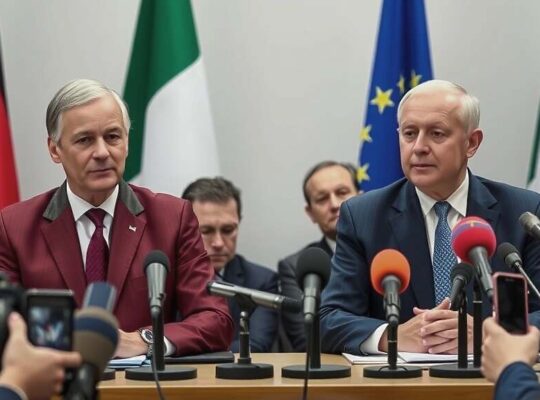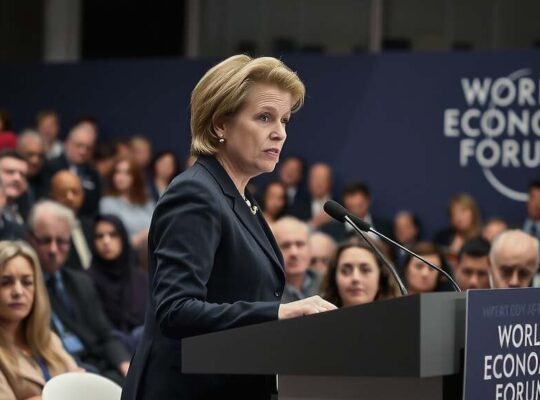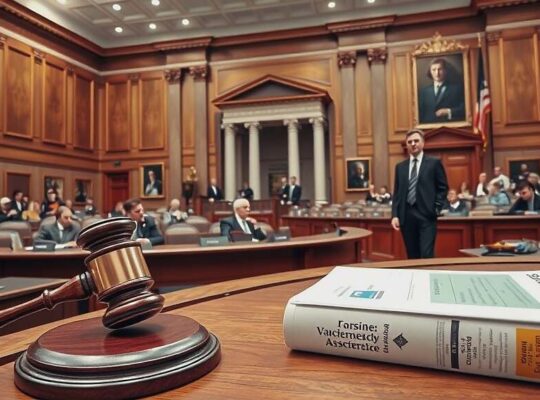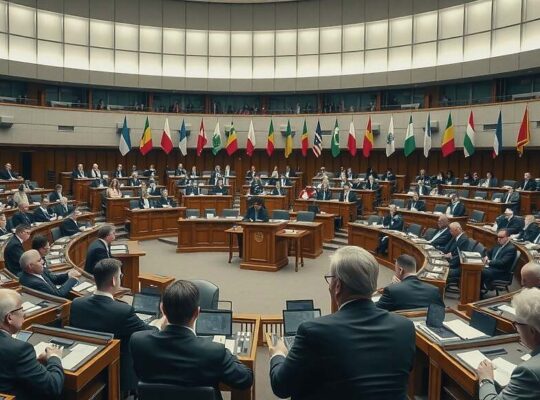The debate surrounding potential collaborations between the Christian Democratic Union (CDU) and the far-right Alternative for Germany (AfD) has reignited within German politics, exposing deep divisions within the CDU itself. Johannes Winkel, head of the CDU’s youth wing (JU), has unequivocally condemned such considerations, citing the increasingly radical rhetoric emanating from elements within the AfD as a primary obstacle.
Winkel’s remarks, delivered to RTL and ntv, directly targeted Thuringia’s AfD leader Björn Höcke, labeling him “clearly right-wing extremist” and asserting that any partnership with his party would be unacceptable. This stark condemnation comes following recent reports in “Stern” magazine which revealed influential CDU figures privately contemplating a dismantling of the long-held prohibition against cooperating with the AfD.
Winkel framed his stance within the context of heightened international instability and domestic uncertainty. He argued that a period of exceptional volatility necessitates a focus on governmental stability, warning against the potential chaos of minority governments and constantly shifting parliamentary majorities. This perspective appears particularly relevant given the upcoming state elections in Saxony-Anhalt, where precarious coalition scenarios are likely to emerge.
“This wouldn’t be a sensible course” Winkel stated firmly, emphasizing the urgent need for political consensus and compromise. While acknowledging the pressures for pragmatic solutions in a fractured political landscape, Winkel’s strong rejection of collaboration with the AfD highlights a significant internal struggle within the CDU: a clash between the perceived need for stability and the undeniable challenge of accommodating a party increasingly viewed as a threat to democratic values. The debate underscores the fragility of Germany’s political equilibrium and the ongoing struggle to define the boundaries of acceptable political discourse.


